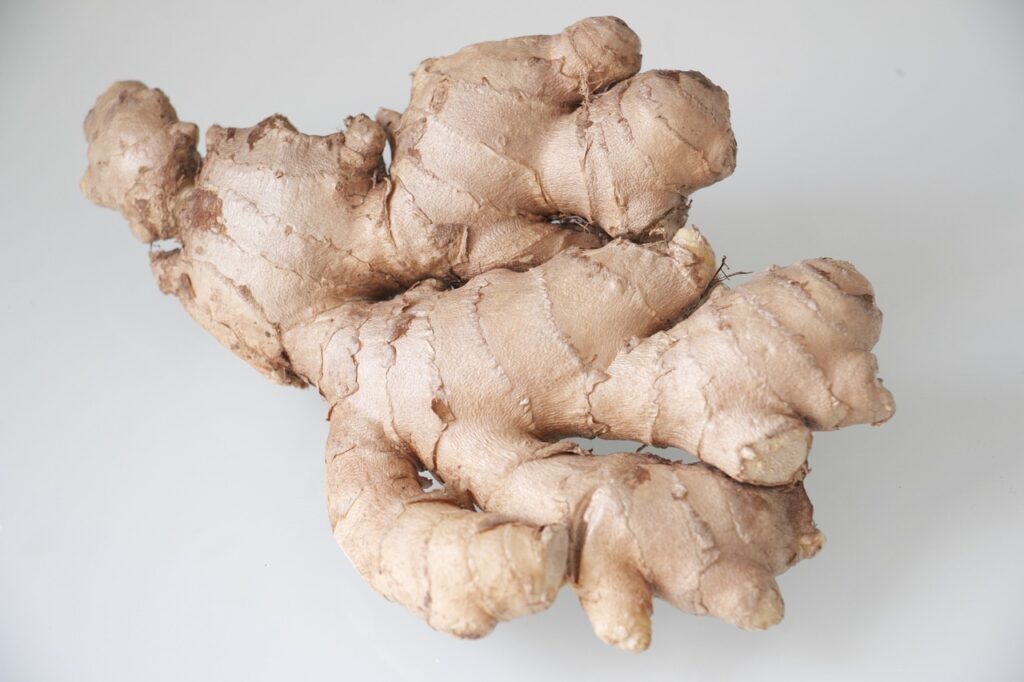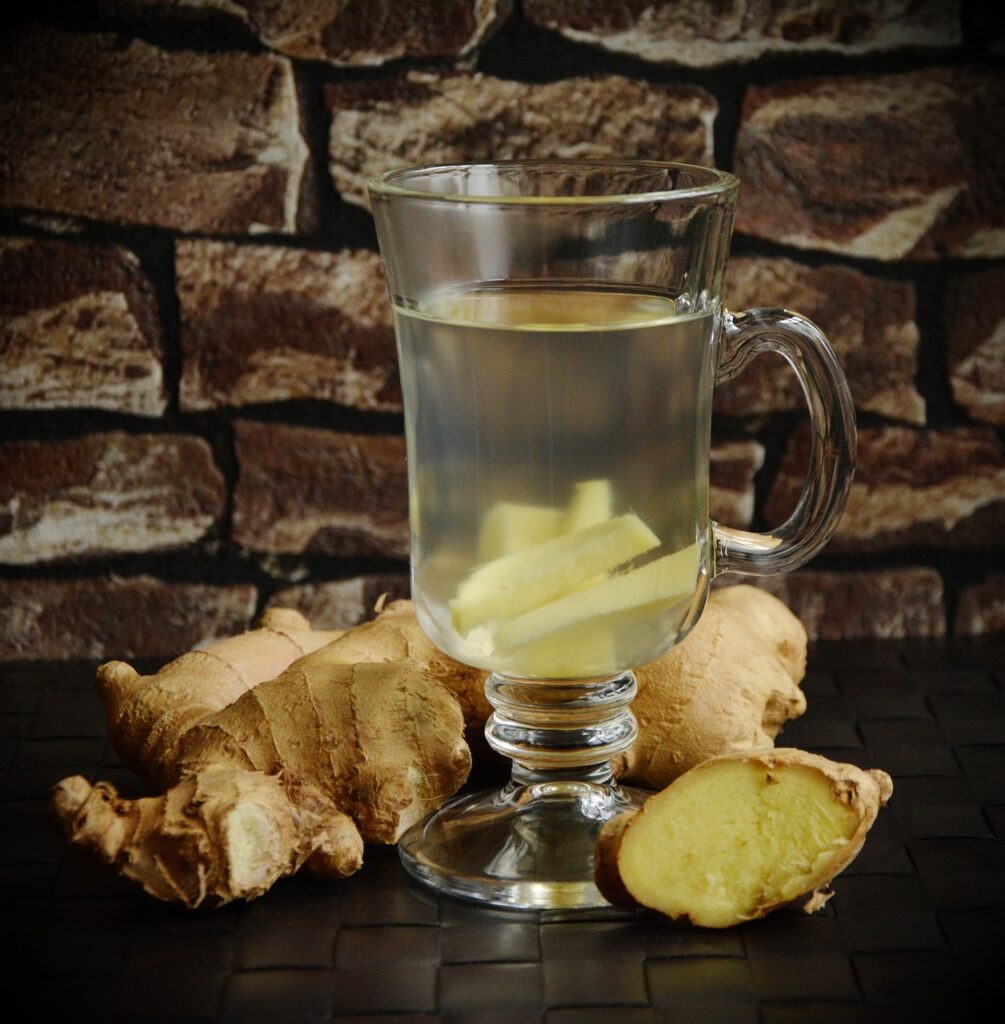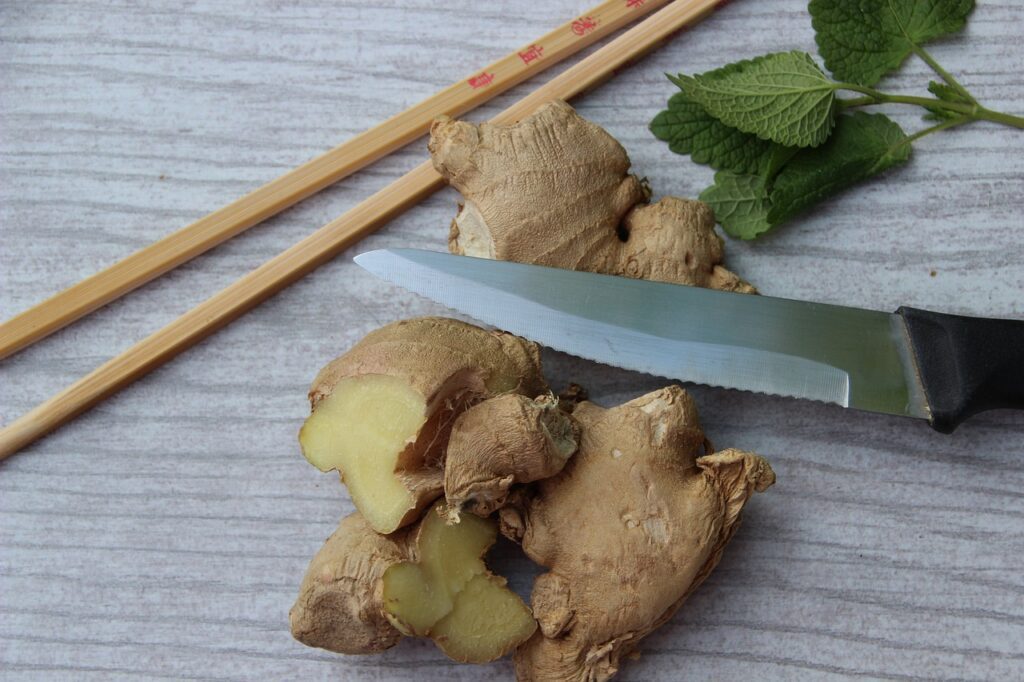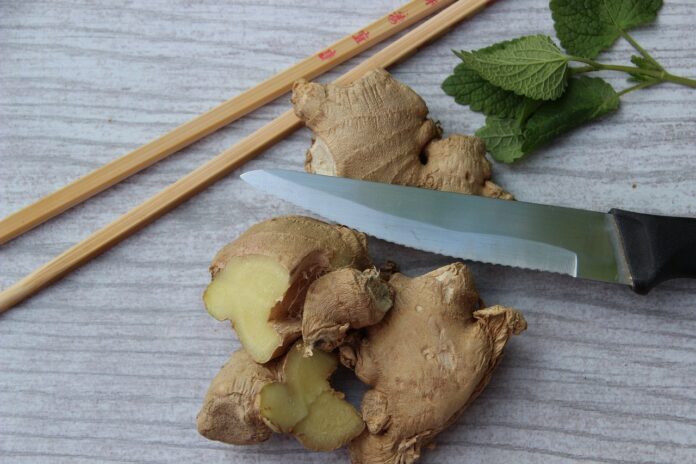Pickles and ginger have long been part of food traditions, offering distinct tastes and health advantages. Ginger offers fiery bites while pickles offer sweet crunch. Both foods are celebrated for their versatility when cooking as well as health advantages; this article explores those of both ginger and pickles along with frequently asked questions (FAQs) related to them.

What Is Ginger
Ginger is an annual flowering plant with underground stems known as rhizomes that serve both as a spice and as a medicinal herb. Often used dry, fresh powdered, or oil-infused varieties for spice applications or medicinal uses; also renowned as an effective natural anti-inflammatory agent as well as for traditional remedies to alleviate nausea and muscle pain symptoms.
Health Benefits of Ginger
Anti-inflammatory Properties: Gingerly contains bioactive components with powerful anti-inflammatory properties, making it beneficial in managing conditions such as joint pain and arthritis.
Digestive Health: Ginger can provide digestive relief, reduce bloating, and aid digestion. It is often recommended for those suffering from nausea or indigestion as well as morning sickness during pregnancy.
Enhancing immunity: Ginger is well known to strengthen one’s immune system and help the body better fight infections and illnesses.
Ginger has long been used to ease soreness and pain relief: particularly post-workout muscle discomfort or rehabilitation after exercise, as well as osteoarthritis and other chronic pain conditions.
What Are Pickles?
Pickles are preserved fruits (typically cucumbers) stored by submersion in brine (a solution of salt and water) mixed with vinegar for flavor enhancement, often including spices to enhance their acidic and tangy flavor. Pickling extends shelf life as well as providing an acidic, tangy bite reminiscent of cucumber. However, other vegetables and fruits like onions, carrots, beets, and even mango or apples may also be pickled to give an acidic tanginess that improves shelf life while imparting an acidic bite upon consumption.
Pickles offer many health advantages that are worth exploring, such as decreased cholesterol and improved heart health.
Rich in Probiotics: Fermented pickles (made from sodium and water) are an excellent source of probiotics—beneficial bacteria that aid in keeping your gut healthy. Probiotics play an essential role in maintaining an endocrine balance within the gut as well as aiding digestive health.
Antioxidants: Pickles made of cucumbers and other vegetables contain many antioxidants that can protect cells against damage caused by free radicals.
Improved Digestion: Similar to ginger, pickles can aid healthy digestion. Their acidic components may activate digestive juices that aid in the breaking down and assimilation of nutrients into the system.
Hydration: Pickles contain plenty of water and therefore help replenish lost electrolytes through sweat. In warm weather conditions when electrolytes can easily be lost through sweating.
Ginger and Pickles Unite!
Pickles and ginger make for an exciting, tangy, spicy, and savory combination, providing not only delicious taste buds but also many health advantages.
How to Incorporate Ginger and Pickles Into Your Diet: Here Are Three Options
Ginger Pickle: One of the most common ways of combining pickles and ginger is making ginger pickles. Fresh ginger is cut finely or grated before being blended together with sugar, vinegar, spices, and salt to form a delectable condiment that adds a delicious pop of sweetness and spice.
Ginger can enhance pickle recipes: Ginger can add an exciting element to traditional pickle recipes, making your pickles more flavorful than ever. From cucumber, mango, or any other kind—adding just a pinch of ginger will enhance the flavors immensely!
Ginger Tea and Pickles: Certain societies consider it customary to combine pickle with ginger tea as an enjoyable digestive aid and snack option. This pairing is sure to satiate both appetites.
“Pickled” ginger: Is an indispensable accompaniment for sushi eateries and other Japanese cuisine. Gary is produced by slicing thinly young ginger slices before soaking them with a vinegar-based sweet solution for several hours before draining and refrigerating until necessary.


Ginger and Pickles can both have health benefits. Here is the latest information regarding both of them.
1. Can ginger and pickles aid digestion?
Both pickles and ginger can help improve digestion. Ginger has long been revered for its ability to soothe nausea as well as relieve bloating and indigestion; fermented pickles contain probiotics that support digestive health and are an excellent source of probiotics that promote gut health.
2. Can pickles help with weight loss?
Pickles can be an ideal addition to a diet for weight loss when consumed in moderation and in moderation only. They contain only minimal calories while being chock-full of flavor—satisfying cravings while not adding lots of extra cals. But be mindful of their high sodium content if limiting salt consumption.
3. Does ginger provide pain relief?
Ginger has anti-inflammatory properties that may help ease muscle and joint soreness and pain, particularly for conditions such as muscle pain, osteoarthritis, and post-workout recovery. Furthermore, active components found in ginger, such as gingerol, have proven their efficacy as natural pain-relieving agents.
4. How can I make homemade ginger pickles?
Making homemade ginger pickle can be relatively straightforward. Here is the basic recipe:
1 cup of freshly grated ginger
Quarter cup worth of sea salt
Sugar (optional for an even sweeter dish)
Pour half a cup of vinegar with 1 teaspoon of mustard seeds and 1 tablespoon of powdered turmeric into a mixing bowl.
Add 1 teaspoon of chili powder (optional).
Instructions:
Grate and combine grated ginger with sugar and salt in a bowl; let sit to remove water.
After heating the vinegar in an oven, seeds of mustard, turmeric, and chili powder are added as ingredients for flavoring the mixture.
Bring the vinegar to a simmer before adding it to the ginger mixture.
Allow the pickle to cool before placing it in a glass jar for up to one week for flavor development before tasting.
5. Am I safe to consume pickled ginger during my pregnancy?
Ginger pickled can be an advantageous addition to your pregnancy diet, but it is wise to check with your healthcare provider first if any concerns arise. While ginger may help ease morning sickness symptoms, excessive amounts can cause digestive discomfort or heartburn; additionally, pickled ginger tends to contain high amounts of sodium, which should only be consumed sparingly.
6. Are there any adverse side effects from consuming excessive quantities of ginger and pickles?
Though pickles and ginger can provide numerous health advantages, taking excessive quantities may bring downsides:
Ginger: can cause diarrhea, heartburn, and stomachache when consumed in excess—more than 4 grams daily can be harmful.
Pickles: Since pickles are an abundant source of sodium, consuming too many of them could increase your consumption and lead to high blood pressure or water retention.
7. Are pickles possible to make from vegetables other than cucumbers?
Yes, pickles can be created using various fruits and vegetables. Some popular examples are onions, carrots, cauliflower, and beets; apples, mangoes, or even apples may be popular choices when creating pickles.


Conclusion
Ginger and pickles make an exceptional combination for health purposes. From adding anti-inflammatory benefits of ginger into your diet to enjoying pickled ginger alongside sushi rolls, both foods can improve overall well-being. Craft your own homemade ginger pickle or add pickled ginger as part of sushi dining experiences for increased flavor! Pickles provide an effective combination to improve family diets as well.

